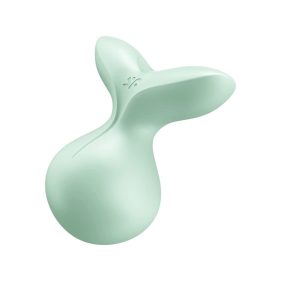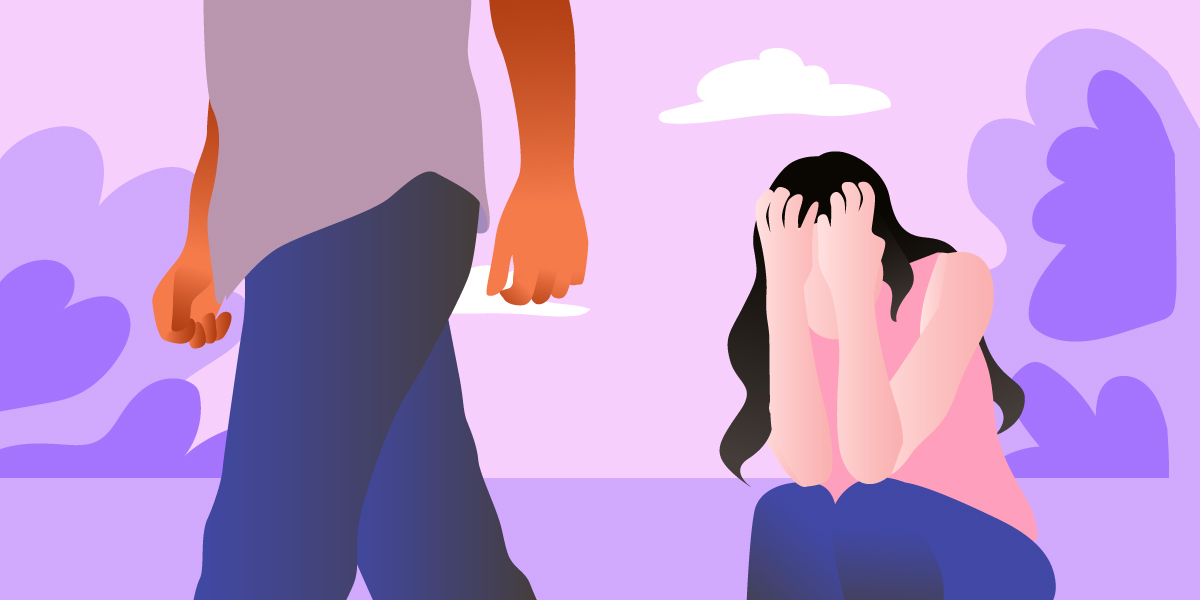
Disclaimer: This guide about separation anxiety in relationships is meant to be a source of valuable information for the reader. However, it is not a substitute for direct expert assistance. Seek help from a medical professional if you’re looking for personalized advice.
It’s normal to feel uneasiness, sorrow, and even loneliness when you’re far apart from the people you hold dear the most. It’s a huge adjustment, but over time, it gets less difficult to tackle. However, if it continues to stress you out at an even higher level, you may be experiencing separation anxiety in relationships. If not addressed immediately, it can harm those relationships and yourself.
In this guide, we’ll discuss more on that type of anxiety, where it’s stemmed from, and how it manifests in real life. We’ll also delve into how to handle it and the right time to seek professional help.
What is Separation Anxiety in Relationships?

Psych Central defines Separation Anxiety in Relationships as “exaggerated angst about the actual or perceived separation from an attachment figure.”
It’s also a known childhood disorder but can be acquired during adulthood. Another way to describe this term is fearing being apart from a loved one, who is a source of comfort and protection. Without them, the person experiences extreme distress, which can affect their relationships.
When it comes to relationships, they are made to build a steady bond with someone. It may be romantic, platonic, and familial. Over time, as we get closer to them, it lets the hidden and more intimate parts of ourselves come to the surface. We’d become vulnerable to them as it starts to feel natural and comfortable to confide with them.
Verywell Mind shares that vulnerability is a strong feeling linked to “the fear of rejection and a fear of abandonment.” Hence, we feel more on edge at the thought of anything happening to or between this person. You simply can’t find peace when you’re not with them. That’s because you personally don’t get to witness what they’re up to.
Alongside this, it’s also a struggle to enjoy the relationship you’re in when you’re heavily impacted by other external negative factors in your life.
-
₱4,745.00
-
₱12,645.00
-
₱2,695.00
-
₱3,995.00
Causes of Separation Anxiety in Relationships
Browse through the possible causes of such separation anxiety that can affect the flow and dynamics of your relationships.
1 Dysfunctional Family Dynamics

Such family dynamics may include a lack of proper communication, neglect in any aspect (e.g., emotional, physical, etc.), misbehavior, and even abuse. This instability affects the way someone builds and maintains adult relationships.
-
₱1,345.00
-
₱2,395.00
-
₱5,600.00
-
₱4,045.00
2 Childhood Attachment Issues
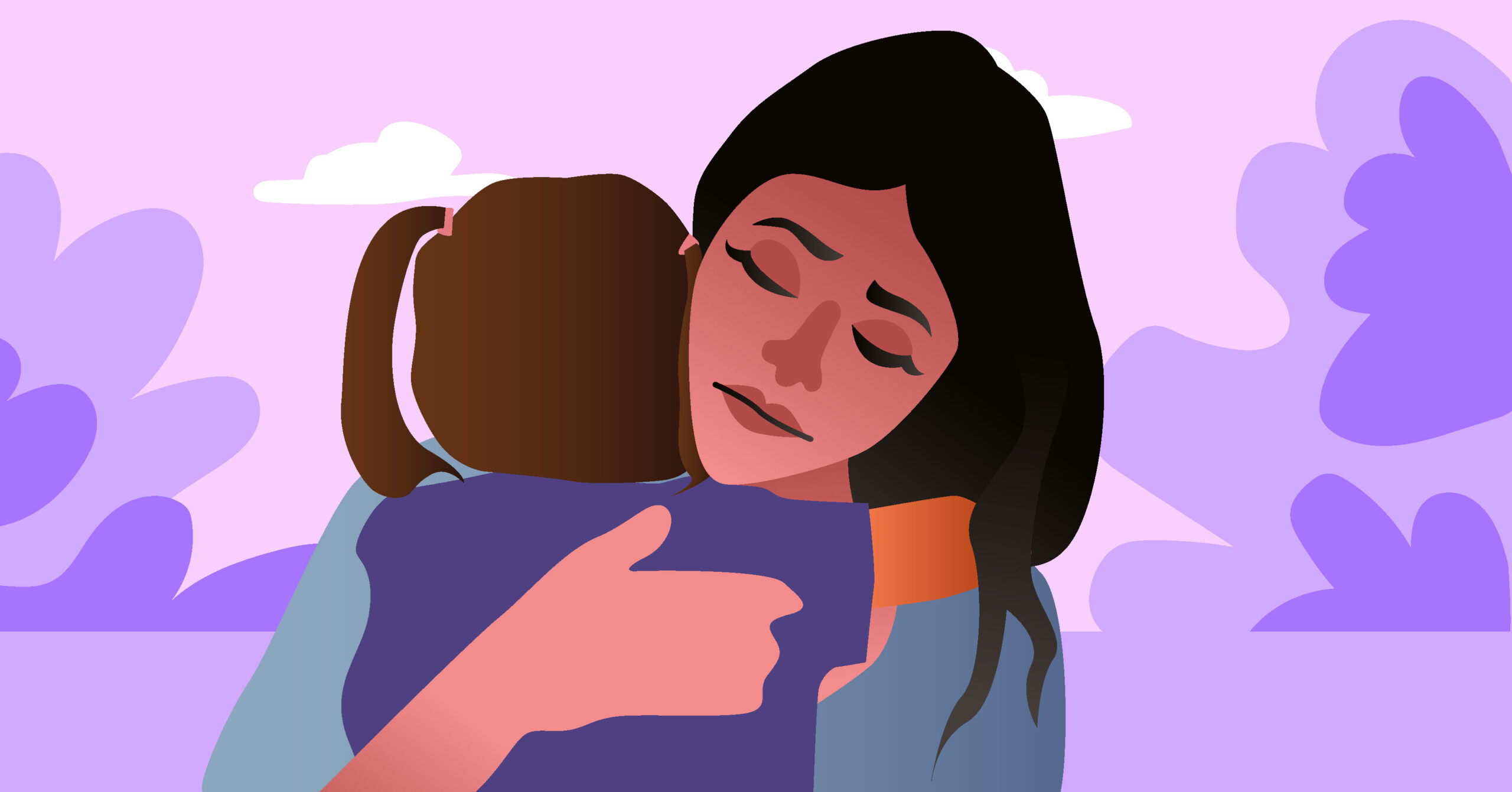
Your attachment style can say a lot about you as you age. This term refers to the type of bond and connection we build with our primary caregiver (e.g., parents). If you have a healthy and trustworthy relationship with them, you have the secure attachment style. That’s the ideal one that keeps us intact as we become adults.
However, if you didn’t receive enough love and attention from your primary caregivers, you’re more likely to have an insecure attachment style. One example out of many would be the anxious attachment style, which Healthline defined as rooted in the failure of your caregivers to attend to your needs when you needed them the most. Caregivers can also be absent figures, often away from work. To make up for the lack, the affected people are afraid to be rejected and throw themselves into obsessive behaviors.
In terms of this specific guide, this attachment style can be manifested when you’re uncomfortable with your partner being gone for a long time. Let’s say they’re working their usual 9-5, then to calm down, you’d text them constantly. That’s when the separation anxiety in relationships kicks in.
3 Traumatic Life Events
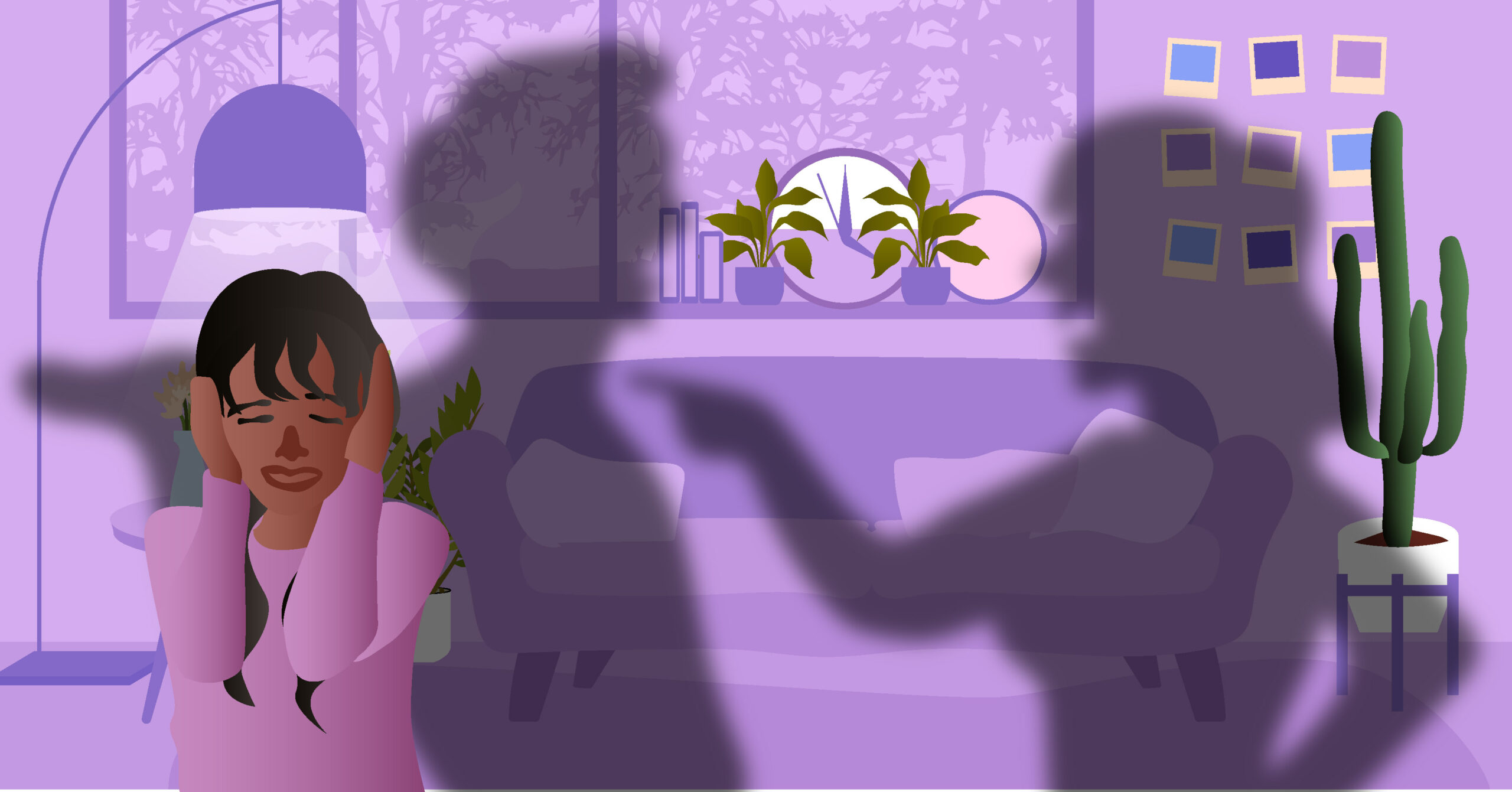
These types of events can be rooted from your childhood, when you weren’t cared for enough or received a lot of disrespect you didn’t deserve. For example, you constantly overhear your parents arguing loudly back and forth over all sorts of problems.
You become very nervous and antsy when you’re around them, afraid to do something wrong or open up to them because you don’t want to add to their stress. As a result, your walls are so guarded up.
Aside from this, you can experience trauma as an adult as well. One example is being stalked by a sexual predator, wherein this person would follow you around wherever you go. They may even message you consistently to notice them, then threaten you if you don’t give in to their advances. Because of this, it sparks a lot of stress and fear of being alone because of the lingering thought that they’re being monitored 24/7.
4 Childhood Adversities

In line with the previous part, it’s likely for separation anxiety in relationships to stem from negative childhood experiences. One’s childhood can influence how they act and see the world, learning as they go. Charlie Health adds on that these experiences “set the benchmark in your head of what it feels like to be in a relationship of any kind and how much you can rely on other people.”
So if you encounter such negative childhood experiences, they effectively wound your perspective on life. And some of these can lead to separation anxiety. Some examples include:
- Parental separation or divorce
- Loss of a loved one
- Witnessing a close childhood friend permanently move out of town
- Parting with a beloved pet
- Having distant immediate family members
- Friendship breakups
5 Slice of Life Shifts

One prime example is losing a loved one without warning.
An unexpected death can really put you under more stress and grief as it doesn’t give you any time to prepare. It may also be the first time you’ve thought about your own mortality, wherein you just never know what life will hit you. And if you have relationships, it’ll frighten you with more uncertainties. A possible life without them even if it’s all inside your head.
Moving into a new home can also cause distress within the calm. If you’ve lived with your family your whole life and then moved out to live alone or with your partner, it can be overwhelming. Here you are, stepping into this new territory of independence and embarking on new responsibilities. It’s a lot to take in at that moment.
-
₱4,045.00
-
₱4,045.00
-
₱2,975.00
-
₱2,695.00
6 History of Anxiety Disorders
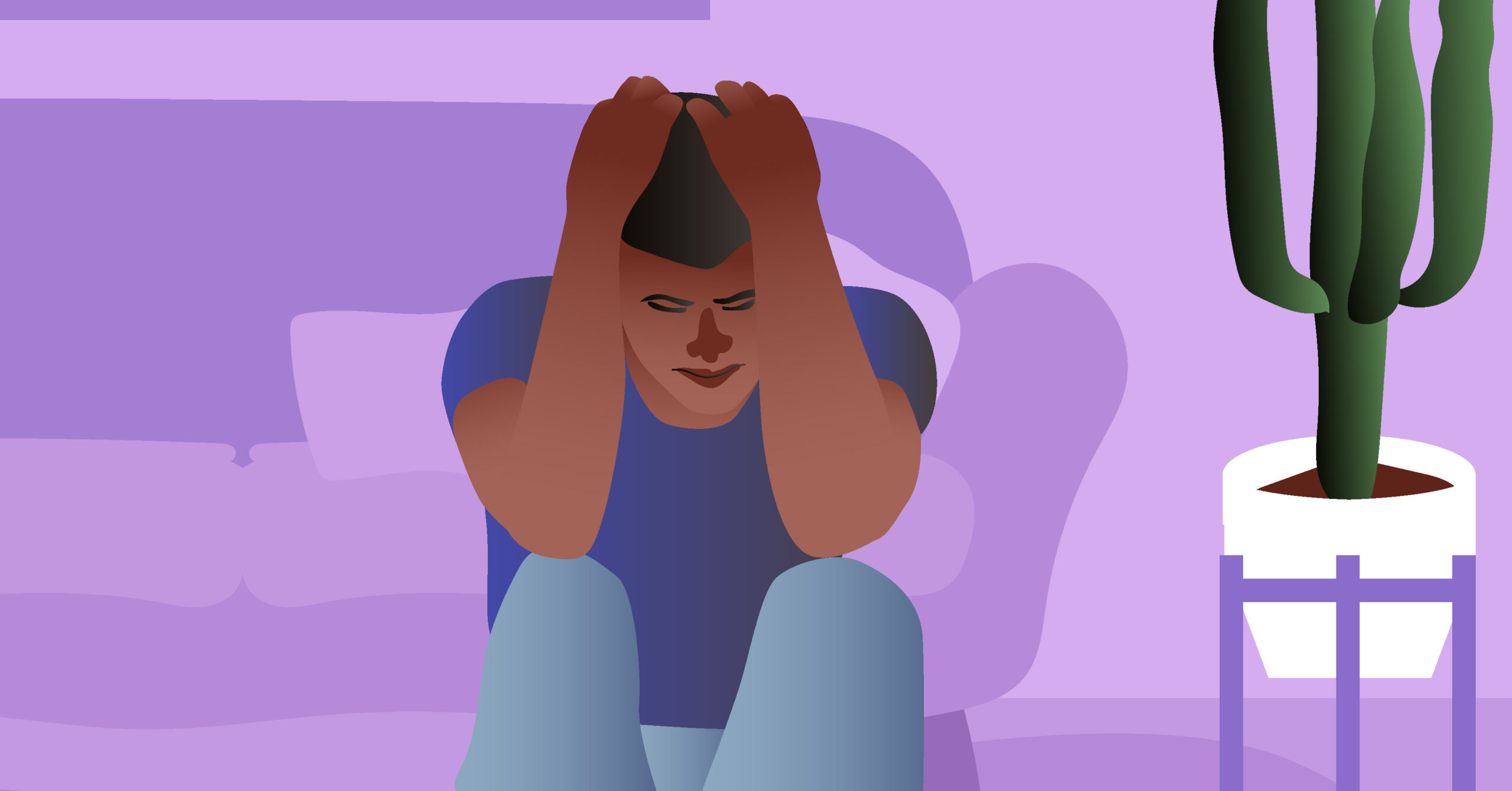
It’s become widely known that a part of anxiety disorders is genetic. So by witnessing anxiety disorders firsthand from immediate family members, it makes you prone to acquire it as their actions would bring you distress and danger.
7 Past Relationship Betrayal

If you had a previous romantic relationship that was disappointing and heartbreaking, it may lead to separation anxiety in your succeeding ones. Because you had once built security with someone, only for it to completely vanish, you’re more fearful of picking up the broken pieces and starting all over again. There’s always that lingering thought that this person will leave you like the last one, halting you from moving on.
Signs and Symptoms of Separation Anxiety in Relationships
Stay aware and observant as we list down the possible signs and symptoms of this type of separation anxiety down below.
1 Physical

This kind of anxiety can meddle with your bodily functions, making it difficult to get through your day. Keep an eye out for these physical signs of separation anxiety here:
- Rapid Heartbeat
- Sweating
- Trembling
- Stuttered Speech
- Nausea or vomiting
- Body pain (e.g., headache and stomachache)
- Consistent Crying Fits and Tantrums
2 Behavioral
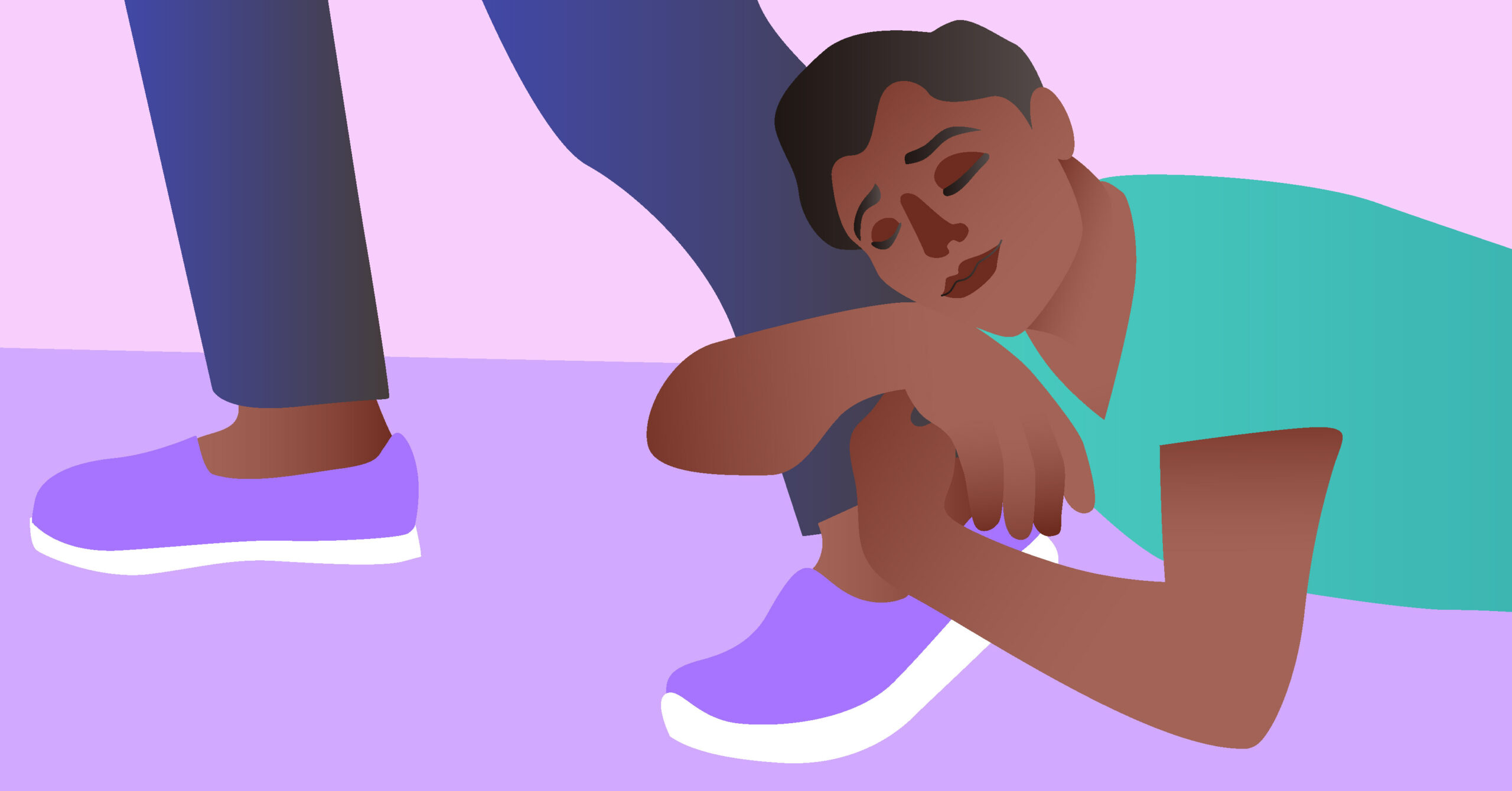
Separation anxiety in terms of your relationship can affect your overall behavior and emotions, impacting how you respond and react to various scenarios. And most of the time, it’s not good. Those behavioral signs include:
- Trust Issues
- Panic Attacks
- Clingy Behavior
- Feeling Tense
- Constant worry; about whether or not their partner is in danger, about their partner possibly ending the relationship, wanting to know their whereabouts, etc.
- Fear of traveling alone
- Discomfort when they leave
- Repetitive behaviors to cope (e.g., gritting your teeth, shaking your leg, etc.)
3 Cognitive Signs
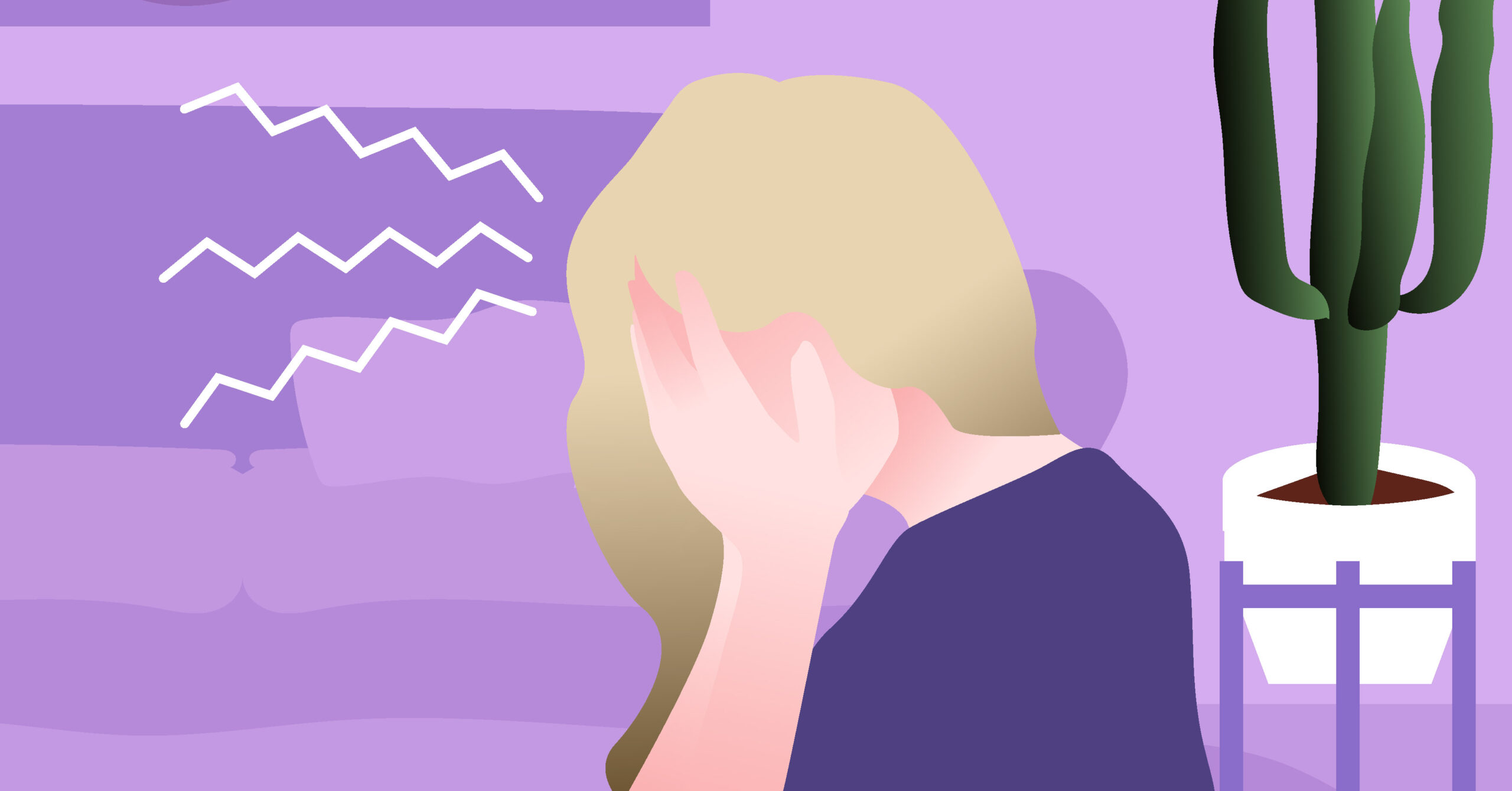
Even the works of your brain and train of thought can be massively reshaped with such anxiety. Take a look at how it manifests here:
- Obsessive thoughts
- Struggling to concentrate
- Poor problem-solving skills
- Overthinking everything
-
₱12,645.00
-
Original price was: ₱4,045.00.₱3,640.50Current price is: ₱3,640.50.
-
₱2,695.00
-
₱5,850.00
Lifestyle Rifts Due to Separation Anxiety in Relationships
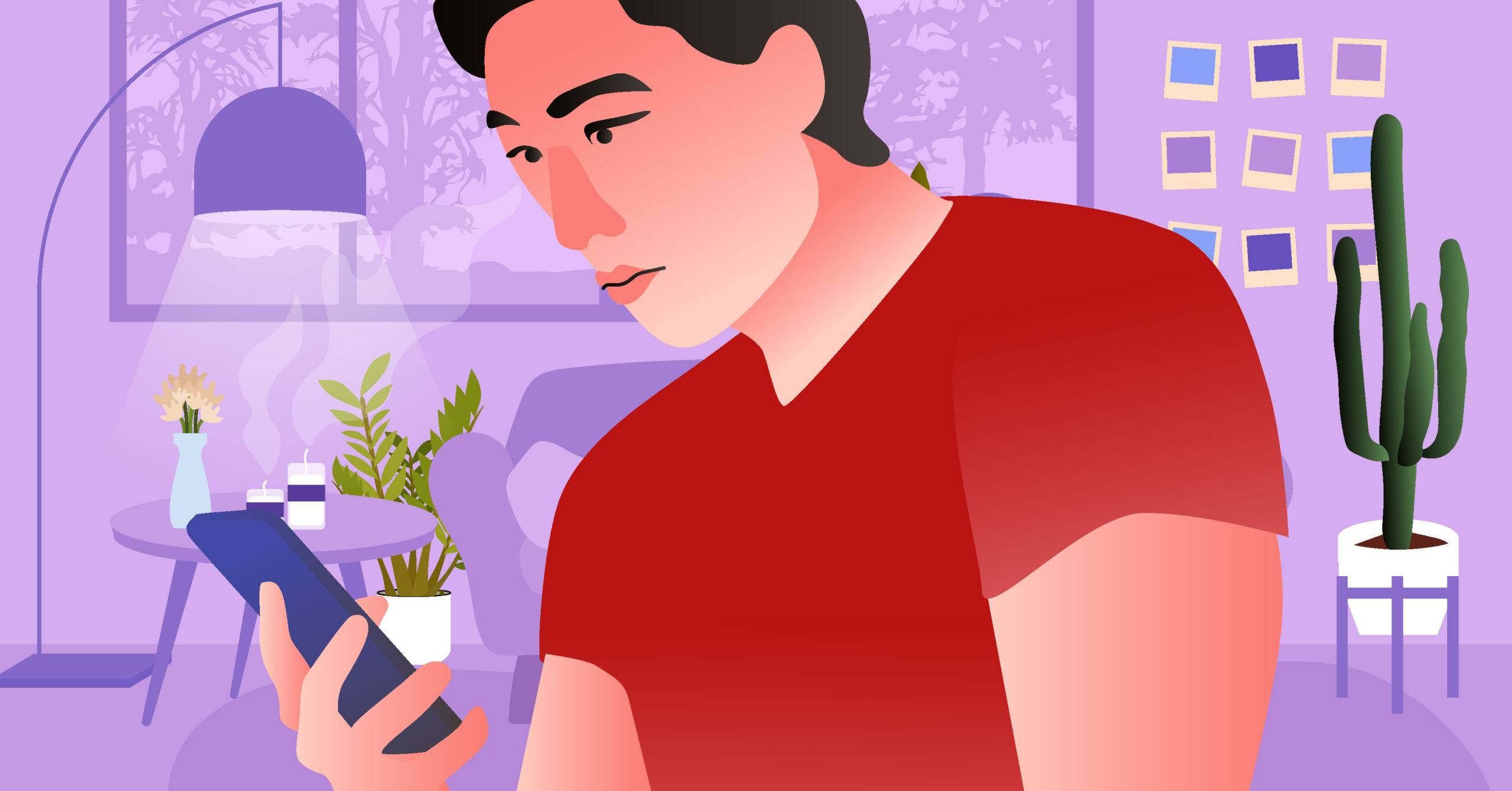
When you experience separation anxiety in any of your relationships, it can impact how you live your life daily. Or rather it disrupts the usual flow as you’re too preoccupied with your worries and distress. Examples of such lifestyle rifts include:
- Distracted at work
- Not leaving the house
- Turning to vices as coping mechanisms
- Always on your phone
- Forgetting your personal needs
-
₱150.00
-
₱150.00
-
₱150.00
-
₱150.00
How Each Kind of Relationship Is Affected By Separation Anxiety
Skim through how separation anxiety can impact different kinds of relationships in this section.
1 Romantic Relationships

Separation anxiety between an exclusive couple (dating or married) can occur if either one of them has adult separation anxiety. Psych Central adds that one finds themselves being afraid or concerned when they are apart from their partner and at the thought of something bad happening to them.
Furthermore, this may be the case for either you or your partner experienced:
- A bad relationship that possibly leads to relationship PTSD
- A flawed relationship with their primary caregiver
- A significant loss of someone dear to them
Because of these factors, the various ways the affected person acted out may be repeated in this new relationship. This can then cause conflict and turmoil between them, even exhaustion for the new partner trying to understand and help them through it.
2 Children
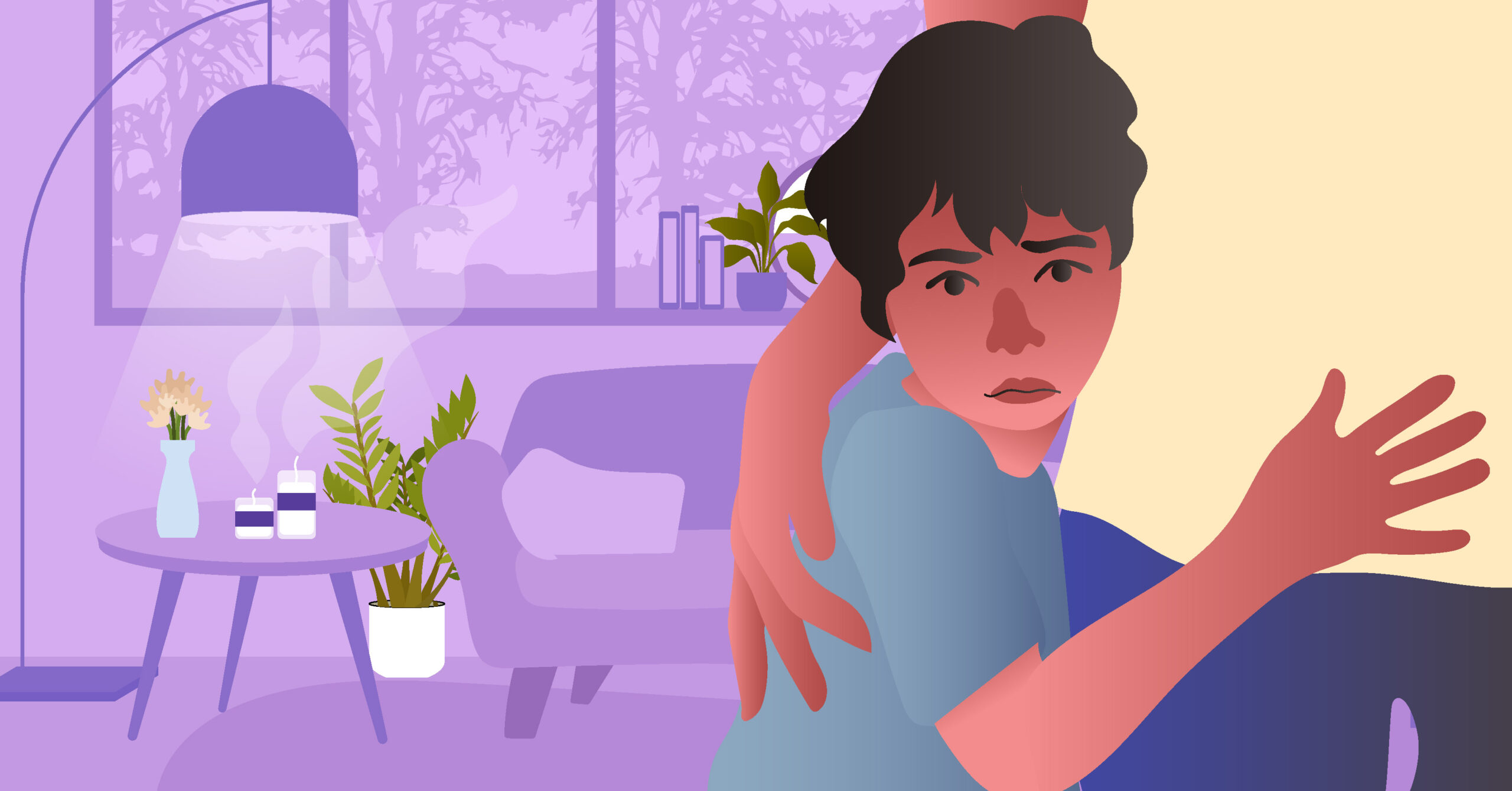
Choosing Therapy cites that children can have childhood separation anxiety if they have a poor relationship with their primary caregiver. From experiencing neglect to receiving little to no love from them, they have a hard time parting ways with them and get scared of being alone. Especially when they’re starting school.
Another way to view this is how a parent would feel if they part ways with their kids even for a bit. If a parent feels nervous to do so, their child might pick up that feeling that way is the proper response. Kids are sponges that absorb whatever goes around them, so it’s crucial to react rightfully.
-
₱50.00 – ₱195.00
-
Original price was: ₱449.00.₱99.00Current price is: ₱99.00.
-
₱65.00
-
Original price was: ₱664.00.₱597.60Current price is: ₱597.60.
3 Teenage Relationships

When a teenager starts to explore their emotions and the world around them, they’re bound to have a few intense relationships along the way. It’s also their learning curve on how love and intimacy work. However along the way, some of those romantic relationships they build can be unhealthy.
For one, they may get extra clingy with their partner and want to spend every single minute of the day with them. It may look cute, but over time, it isn’t if proper boundaries aren’t set in stone. Due to this, they may even prefer to spend more time with their partner than anyone else. Their world revolves around them.
It may even lead to codependency, wherein if left unattended, it can affect them during adulthood.
Ways to Deal with Separation Anxiety in Relationships
Stay aware and observant as we list down the possible signs and symptoms of this type of separation anxiety down below.
1 Acknowledge the patterns and signs.
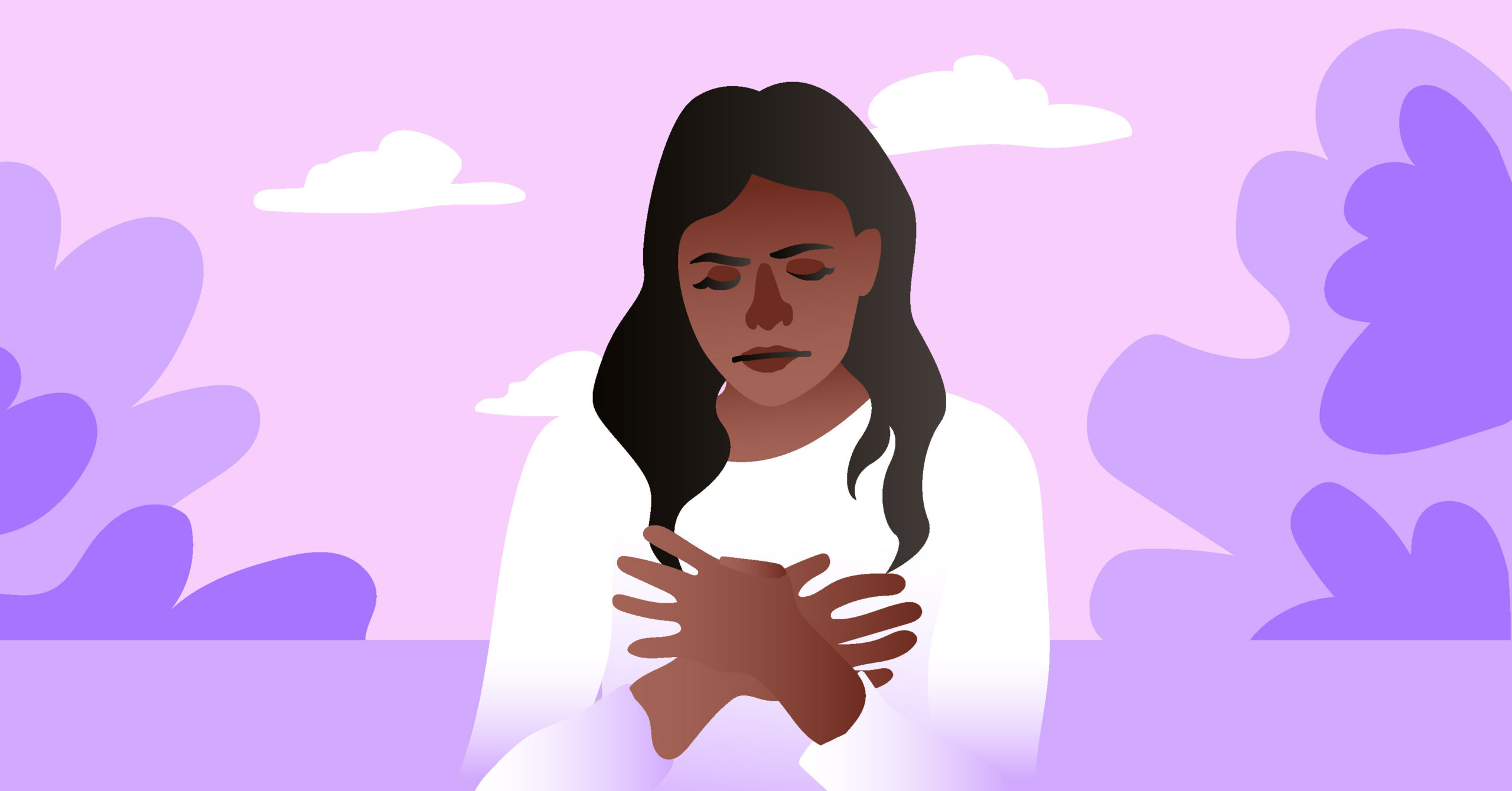
Before anything else, it’s important to recognize and admit that you’re experiencing patterns of this anxiety. Such patterns can include extreme worry when your friend/lover/family member is traveling, consistently texting them to check in with them, and avoiding being alone. Catching them early on can prevent them from worsening, as you take fervent action right away.
2 Build new routines for yourself.

Separation anxiety can occur in relationships when one experiences big changes in their life, like a new job. It makes one wonder how this change can impact their relationship with that person, worried it might negatively affect what they currently have. However, building new routines with them allows you to bond deeper and create these new memories. See each other in a new light! Quality time is important in every relationship, after all.
Some examples can include:
- Watching one movie together at night.
- Having a walk outside.
- Make homemade dinner together.
- Having evening calls before bed.
- Doing the dishes together.
-
₱285.00
-
₱150.00
3 Treat yourself with compassion and patience.

It’s not easy to experience this kind of anxiety. Thus, you have to give yourself some grace and compassion during those episodes. Whenever your thoughts try to overwhelm you, try to counter them. For example, if you think your partner doesn’t want to call you because they don’t want to talk to you, remind yourself of the times they do reach out freely. Remind yourself of the times they show up for you like they promised.
4 Re-establish your alone time.

You’re your own person. There’s still a whole you outside your relationship. With separation anxiety, it makes you forget or despise that idea. That you can have your own life and hobbies that don’t involve your partner. By doing this, you can rest and refresh with your own company. You may just relearn how to enjoy solitude too, and you may realize that having time apart occasionally is good for you.
Plus, it’ll be fun to share those experiences with your partner when you both reunite, making the relationship a lot more adventurous.
5 Open up when you’re ready.
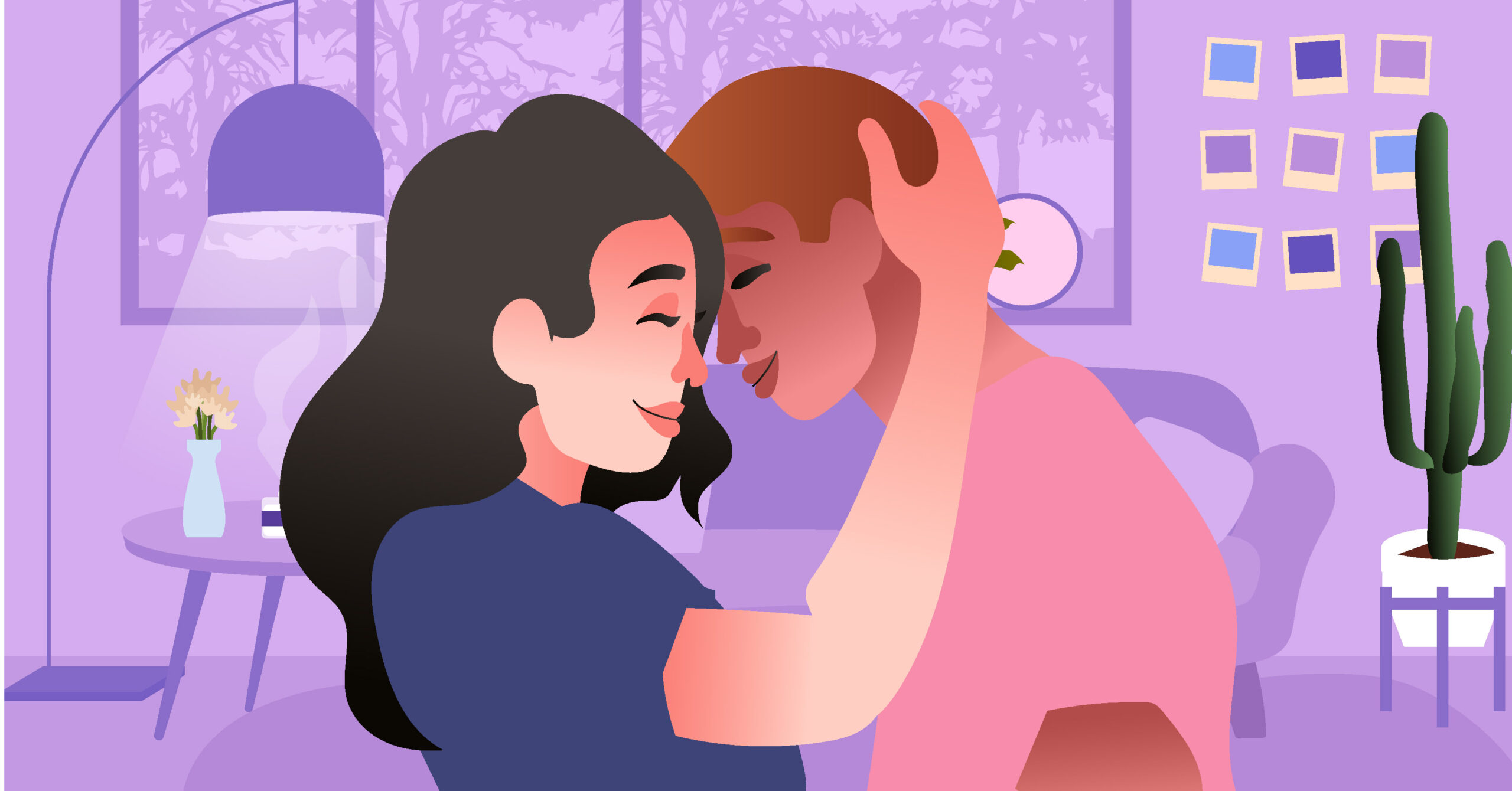
Don’t bottle your emotions up!
If you’re experiencing this type of anxiety, it helps to share your concerns and thoughts with your partner/friend/family member. That way, they can support you and build trust in one another. You may also be able to work things out too when you both have good communication skills.
Opening up may even urge your close companion to open up to you, hoping that their words may help you with your situation.
6 Focus on quality time more.

We mentioned this earlier but we want to re-emphasize it! If your separation anxiety is coming from having lesser time to spend with your partner/friend/family member, prioritize spending more quality time together. Even if it’s just an hour, it allows the connection to thrive while also respecting each other’s personal space.
7 Venture through healthy and beneficial coping mechanisms.

Trying various activities that soothe and handle separation anxiety can improve your overall quality of life. Such activities consist of:
- Exercising
- Painting
- Taking pictures
- Going to a museum
- Trying a new sex toy
Aside from these examples, ponder deeply what activities bring you ease and excitement and then commit to them.
8 Seek professional help.
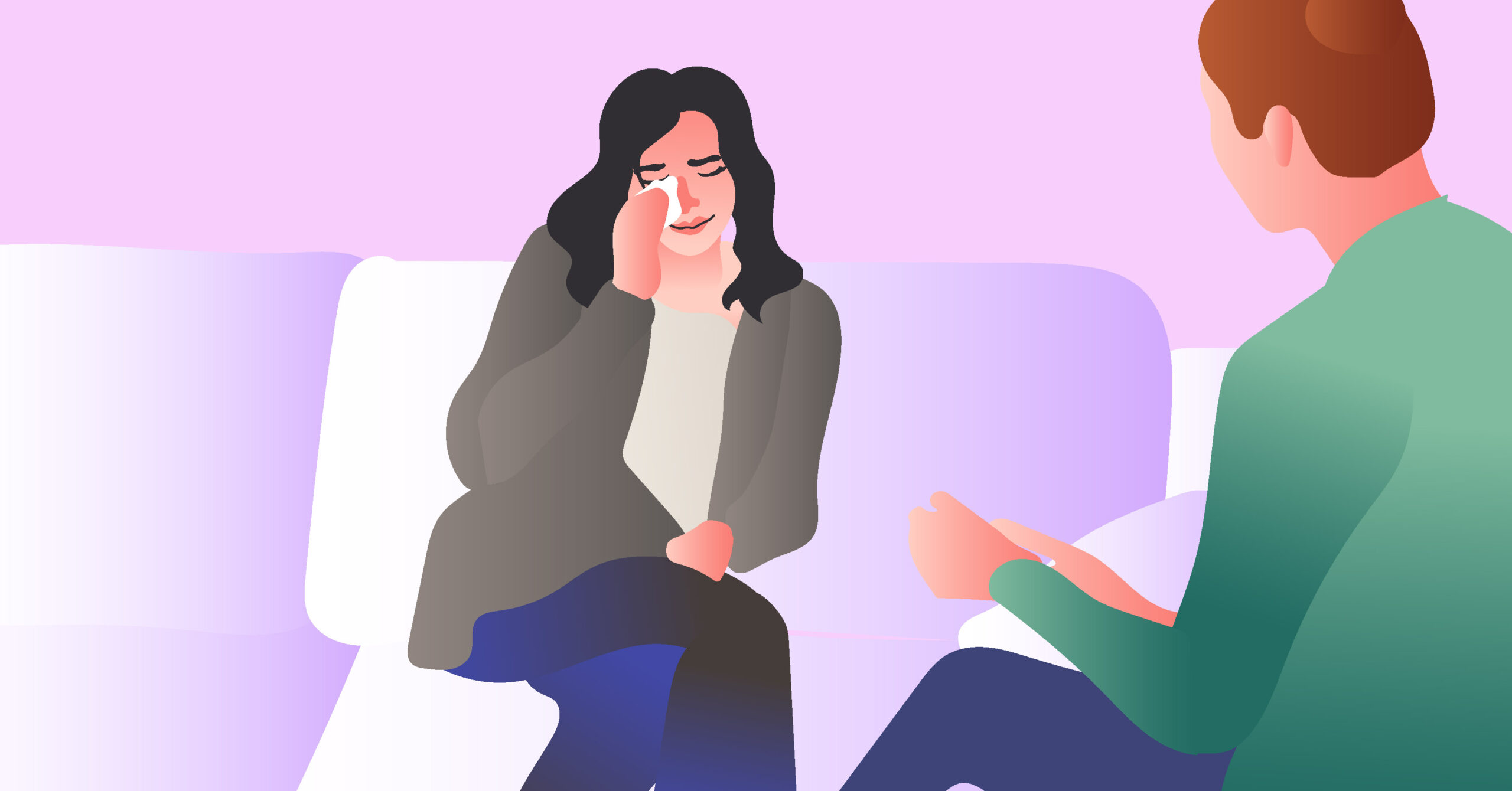
The last thing you’d want is to leave this kind of dilemma untreated and unaddressed. It’ll only worsen over time. With that, Healthline advises some treatment options worth exploring here:
- Cognitive Behavioral Therapy
- Gradual exposure or systematic desensitization
- Meditation and mindfulness practices
-
₱249.00
Takeaway
Separation anxiety in relationships can become a major dilemma in one’s life if you don’t take the proper actions to treat it. By prioritizing making necessary lifestyle changes and seeking professional help, you’ll be able to face this challenging hurdle. But don’t forget to share your thoughts and feelings with your partner/friend/family member so they can understand and support you more. And mostly, be patient with yourself!







